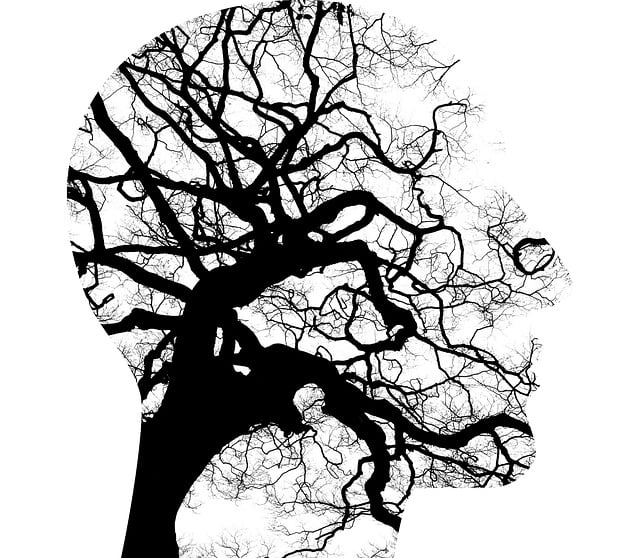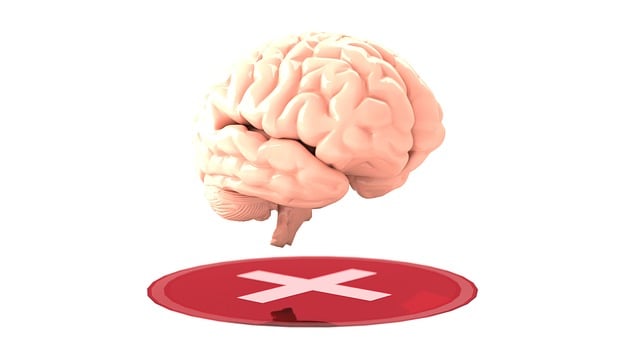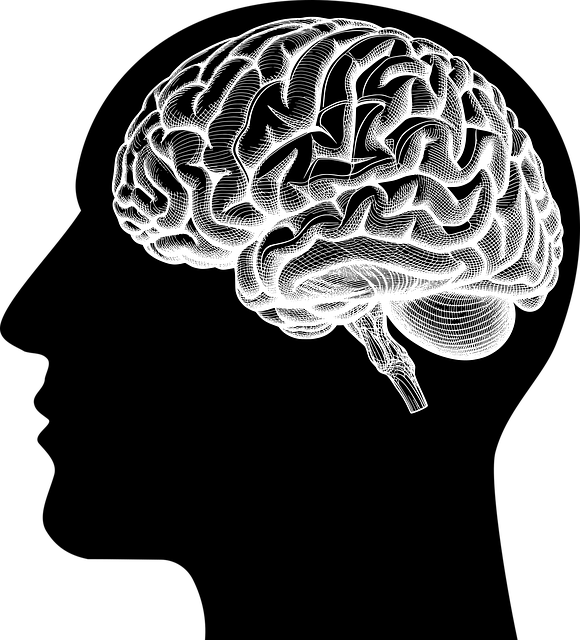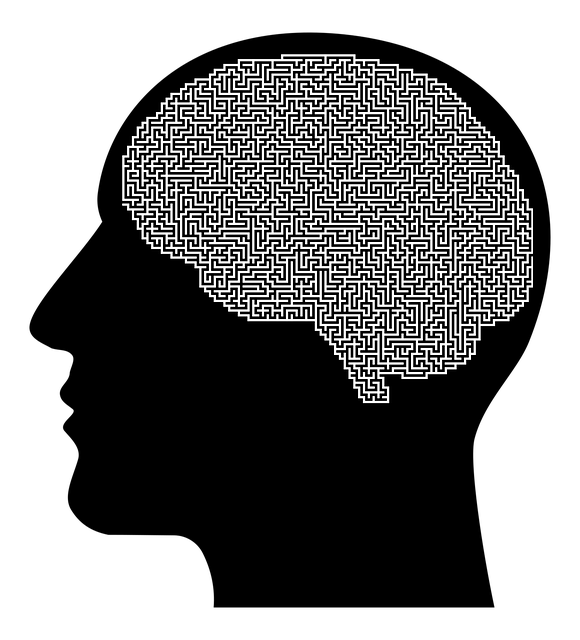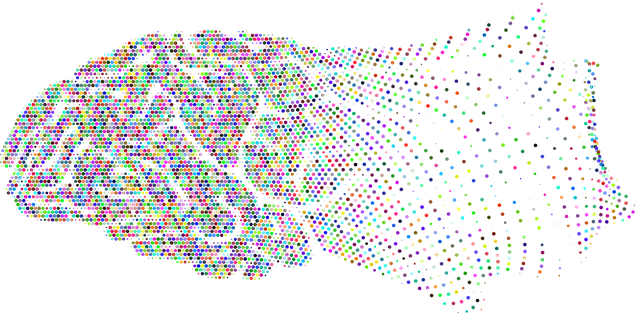Colorado Springs Sexual Addiction Therapy (CSAT) is a vital community resource for mental wellness, addressing diverse issues like sexual addiction through tailored programs. Their evaluation methods, combining qualitative and quantitative data, measure short-term and long-term outcomes, tracking progress in areas like burnout prevention and confidence building. By prioritizing cultural sensitivity, stigma reduction, and continuous improvement based on feedback loops, CSAT ensures effective, adaptive care. This holistic approach empowers individuals to overcome addiction and live fulfilling lives.
Mental wellness programs play a pivotal role in fostering holistic well-being, yet evaluating their efficacy is essential for continuous improvement. This article explores evaluation methods that go beyond surface-level metrics, delving into the intricate process of assessing mental health initiatives. We examine case studies like the Colorado Springs Sexual Addiction Therapy, highlighting innovative approaches to measure impact. By understanding the diverse evaluation techniques, practitioners can optimize programs, ensuring they meet the unique needs of individuals seeking support.
- Understanding Mental Wellness Programs and Their Impact
- Evaluation Methods: A Comprehensive Approach
- Assessing the Effectiveness of Colorado Springs Sexual Addiction Therapy
- Continuous Improvement: Feedback Loops and Adjustments
Understanding Mental Wellness Programs and Their Impact

Mental wellness programs play a pivotal role in addressing various aspects of mental health within communities. These initiatives are designed to promote resilience, prevent illnesses, and support individuals in managing their well-being effectively. One notable example is Colorado Springs Sexual Addiction Therapy, which focuses on specialized treatment for sexual behavior disorders. Such programs recognize the intricate relationship between mental wellness and overall community health.
Evaluating these programs is essential to understanding their impact and effectiveness. Mental Health Policy Analysis and Advocacy, coupled with Cultural Sensitivity in Mental Healthcare Practice, provides valuable frameworks for assessing these initiatives. By examining policy implications and ensuring culturally responsive care, practitioners can gather insights into what works best for different populations. Additionally, encouraging Self-Care Routine Development for Better Mental Health aligns with the broader goals of enhancing overall well-being and fostering resilient communities.
Evaluation Methods: A Comprehensive Approach

Evaluation methods play a pivotal role in understanding the effectiveness of mental wellness programs, especially when addressing complex issues such as sexual addiction. At Colorado Springs Sexual Addiction Therapy, professionals employ a comprehensive approach to assess progress and tailor interventions accordingly. This involves a combination of qualitative and quantitative techniques, ensuring a holistic view of each client’s journey towards recovery.
By integrating various evaluation methods, the program can effectively track individual growth in areas like burnout prevention, resilience building, and confidence boosting. Regular assessments allow therapists to identify strengths and weaknesses, adapt treatment plans, and measure the overall success of the program. This dynamic evaluation process is key to fostering sustainable mental wellness and empowering individuals to lead fulfilling lives free from addiction’s grasp.
Assessing the Effectiveness of Colorado Springs Sexual Addiction Therapy

Evaluating the effectiveness of Colorado Springs Sexual Addiction Therapy (CSAT) is a multifaceted process that goes beyond mere client satisfaction. A comprehensive assessment should consider both short-term and long-term outcomes to gauge the program’s impact on individuals struggling with sexual addiction. By employing evidence-based measurement tools, researchers can track changes in symptoms related to anxiety relief, compulsive behaviors, and overall mental wellness.
The success of CSAT can be further illuminated through healthcare provider cultural competency training and mental illness stigma reduction efforts. These initiatives ensure that participants receive culturally sensitive care tailored to their unique needs and backgrounds. Additionally, addressing the social stigma associated with sexual addiction through education and awareness campaigns fosters a supportive environment, encouraging individuals to seek help without fear of judgment or discrimination.
Continuous Improvement: Feedback Loops and Adjustments

In the realm of mental wellness program evaluation, continuous improvement is a cornerstone that empowers programs like Colorado Springs Sexual Addiction Therapy to enhance their effectiveness. Feedback loops are established to gather insights from participants and professionals alike, creating a dynamic cycle of adjustments. This iterative process leverages Risk Assessment for Mental Health Professionals to identify areas needing refinement, ensuring programs remain relevant and tailored to the evolving needs of individuals seeking support.
Through regular evaluations, Mindfulness Meditation and Mental Health Education Programs Design can be integrated or adjusted as required. The flexibility afforded by these feedback mechanisms allows for a nuanced approach, where specific components are enhanced or replaced based on data-driven insights. This adaptive nature fosters an environment conducive to lasting positive change, mirroring the metamorphosis that often occurs in individuals undergoing therapy.
Mental wellness programs, such as the Colorado Springs Sexual Addiction Therapy, greatly benefit from a robust evaluation process. By employing comprehensive assessment methods, as discussed in this article, therapists can accurately gauge program impact and identify areas for improvement. The case study of Colorado Springs Sexual Addiction Therapy highlights the power of feedback loops, demonstrating that continuous adjustments are key to enhancing therapeutic outcomes. Through a holistic evaluation approach, mental health professionals can ensure these programs remain effective, catering to the evolving needs of clients.
